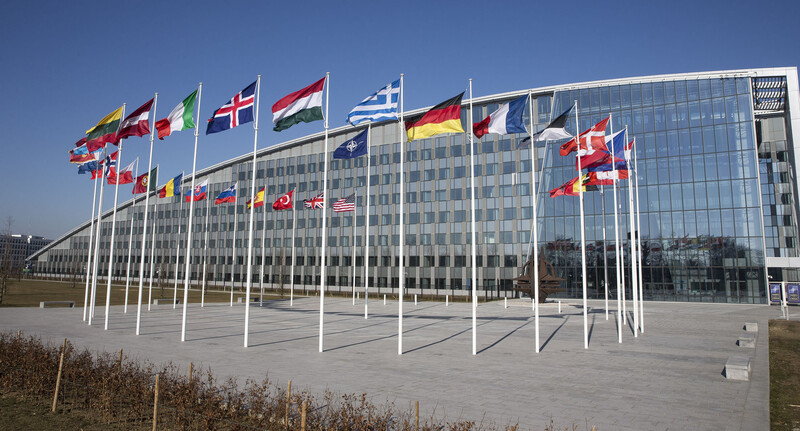In a surprise move, Canada’s southern neighbour is pumping the brakes on its booming natural gas business.
What happened: U.S. President Joe Biden is pausing approvals for new liquefied natural gas (LNG) export facilities in the country, a move that is expected to have a ripple effect on the Canadian energy producers that rely on the U.S. to export their natural gas globally.

.gif)
.png)
%20copy.png)

%20(9).png)
.png)
.gif)
.png)
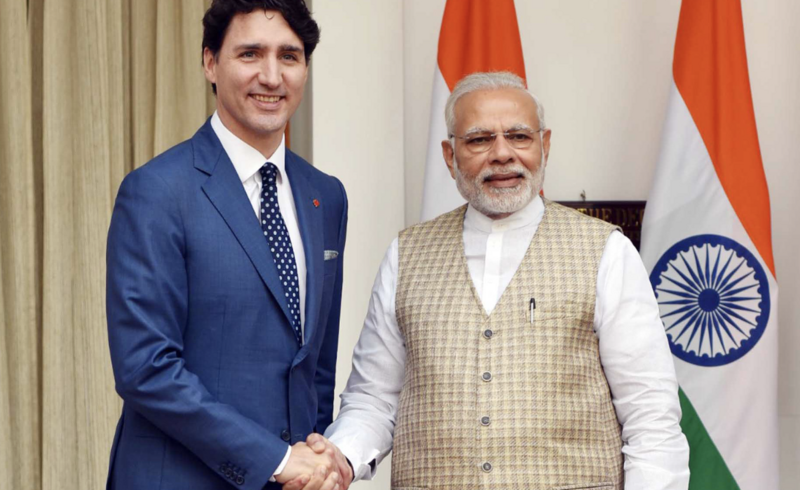
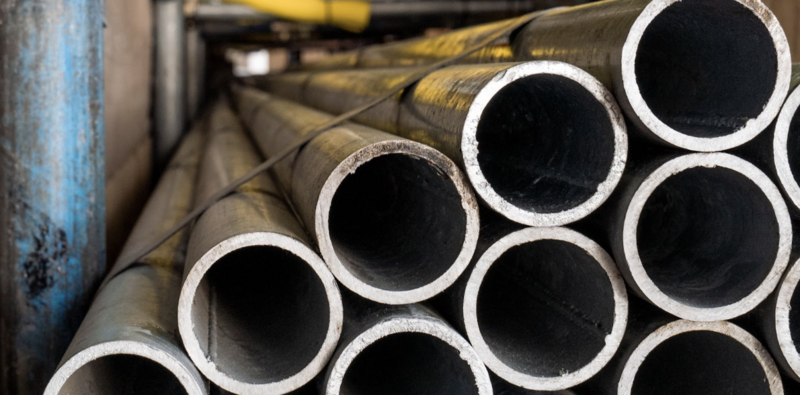
%20(8).png)

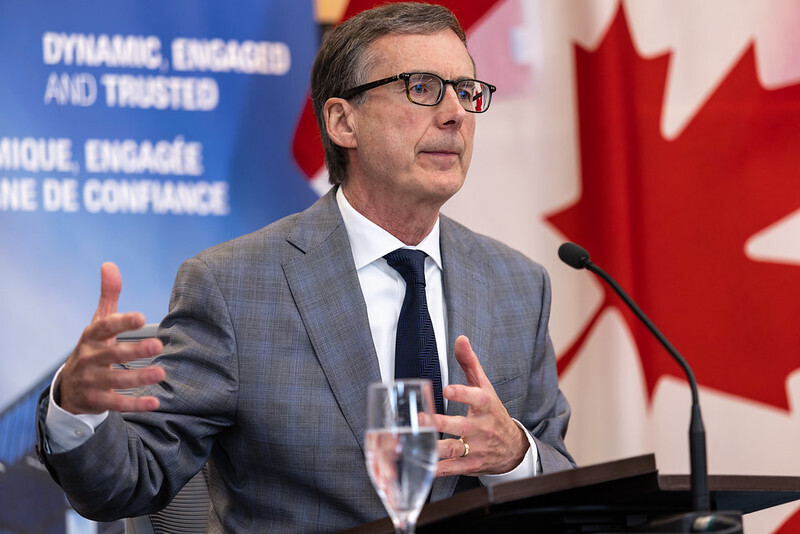
%20(7).png)
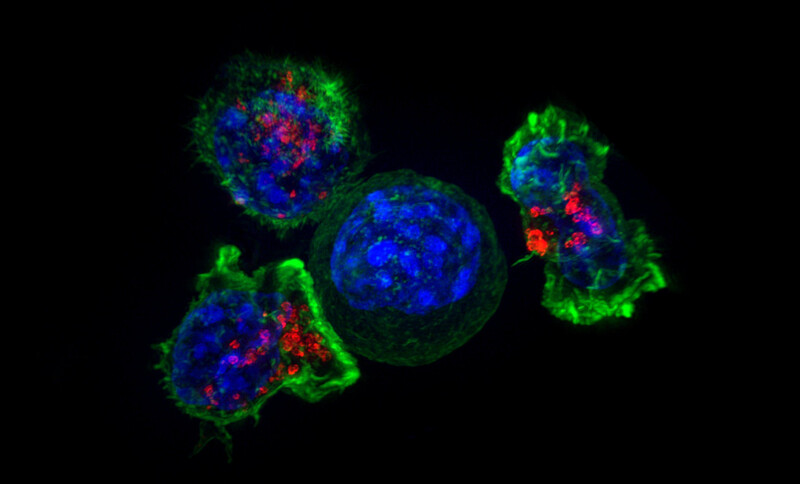
.png)


